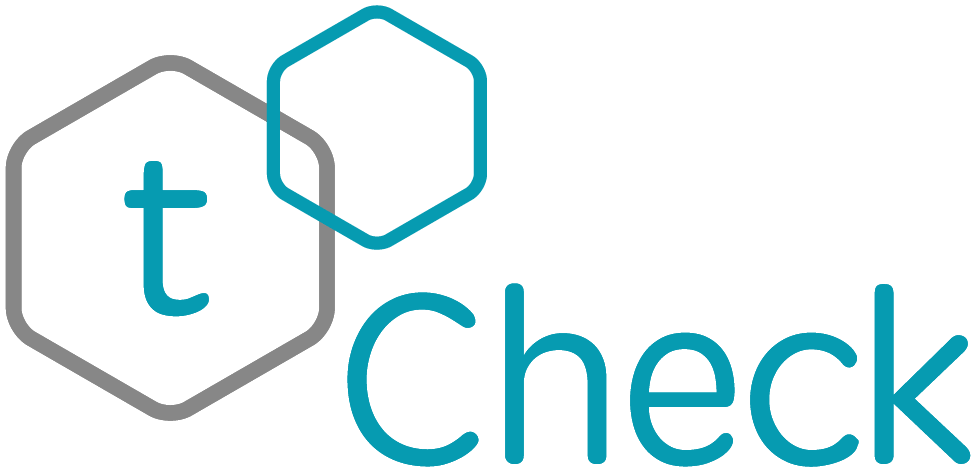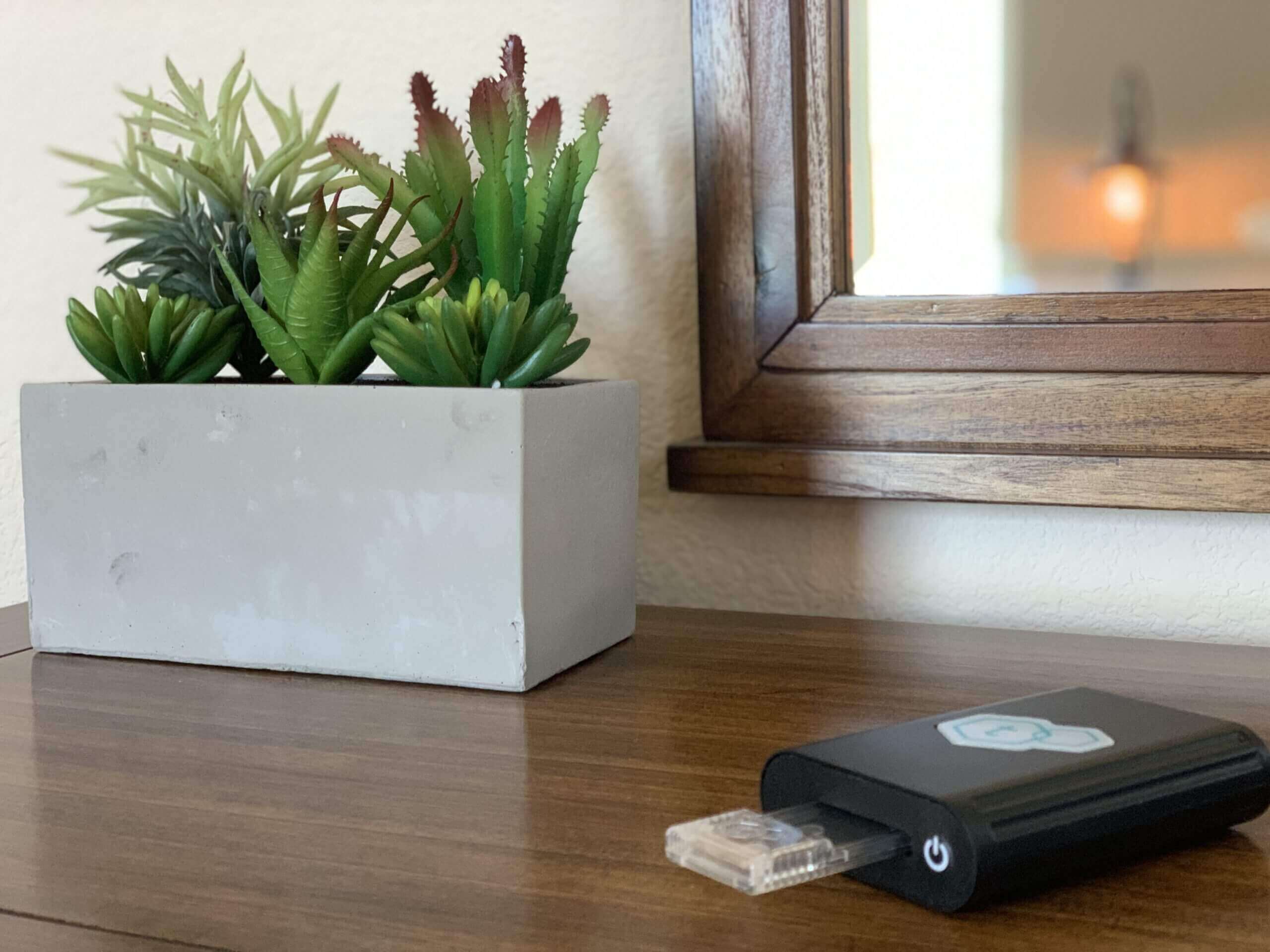What could be more satisfying than taking a bite of your own cannabis-infused edible? Unfortunately, anyone who has ever made homemade edibles knows how complicated measuring correct dosages can be. That sense of relaxation you were expecting can quickly turn into stress when you find out you’ve made your culinary masterpiece too strong
Let’s take a look at some factors that affect the strength of homemade edibles and some ways you can measure the potency of your CBD or THC infusions with confidence.
1. What Factors Affect the Potency of Cannabis Edibles?
There are a host of factors that can affect the potency of your edibles. Modifying any one aspect can drastically change the strength of your infusions.
Cannabinoid Content in the Raw Material
If you’re using a lab-tested cannabis product, you’ll be able to get an accurate percentage of THC or CBD from the label or the product’s Certificate of Analysis. Not everyone has access to lab-tested cannabis, so here’s an estimate of the cannabinoid content in each type of raw material:
- Hemp or cannabis flower: Cannabinoids in different flower strains can vary considerably. Typical flower ranges between 10-30%. You can get a relative idea of your strain's potency by checking average cannabinoid contents on sites like Leafly.
- Shake: Shake comes from the leftovers that collect at the bottom of your storage container and will be slightly lower in potency than your buds.
- Kief: Kief is comprised of pure trichomes and will register around 70% CBD or THC.
- Hash: The potency of hash depends upon the individual strain and manufacturing process. Typical hash ranges between 40-80% cannabinoids.
- Dabs: Concentrates like wax, butter, and shatter usually register between 70-90%.
- CBD and THC Isolate: Isolates generally contain around 98% CBD or THC.
Remember: You will need to decarboxylate your raw material before you start your infusion to release the full potency of your cannabis.
[Bonus Tip: Four Easy Ways to Decarboxylate Cannabis at Home]
2. What Carrier Oils are best for Extracting Cannabinoids?
Some oils and fats are better than others at pulling the cannabinoids out of raw material. A study published in High Times examined the efficiency of different carrier oils and came up with the following conclusions:
- Saturated fats like bacon fat, butter, and coconut oil are the most efficient carriers for cannabis edibles.
- Monosaturated fats like extra virgin olive oil and avocado oil are 20-25% less efficient than saturated fats.
With respect to tinctures, the type of alcohol is critically important. 190-proof, food-grade grain alcohol is the most efficient for making tinctures. The second best choice is high-proof vodka or Bacardi 151. Vegetable glycerin makes a less-efficient carrier for extracting tinctures.
Other Factors that Affect Edible Potency
While understanding your raw material's potency can help you approximate the correct dosage, other factors come into play. Before you try to guess your infusion's strength, you'll need to ask yourself a few questions, such as:
- Did you decarb your cannabis well?
- How long did you infuse your carrier?
- How well did you strain your mixture?
These variables can increase or decrease the potency of your edibles in unexpected ways. The only way to know precisely how much CBD or THC is in your infusion is through lab-testing. But who wants to spend the time and money for a lab test on their butter or oil every time they plan to make a batch of cookies?
3. How Do You Dose Cannabis Edibles?
As you can see, dosing edibles can become quite complicated even if you do have access to lab-tested cannabis. Tools like At Home Cannabis Potency Test Kits and online calculators can take some of the guesswork out of dosing your edibles.
At Home tCheck Cannabis Potency Test Kit
tCheck’s cannabis potency device is almost like having a lab-testing facility right in your own kitchen.
Conducting a THC or CBD potency test is quick and easy with tCheck. You simply place a sample of your infusion on the tray and insert it into the device. In minutes, tCheck will tell you how much CBD or THC is in your infusion.
The test cannabis kit also features settings that allow you to calculate how much of your infusion to put in each edible. For example, if you would like each edible to contain 10 milligrams, tCheck will tell you exactly how many teaspoons, tablespoons, or milliliters to add for each portion. tCheck also offers an Expansion Kit to measure raw materials like buds, shake, or concentrates.
Dosing edibles can be a challenge, but starting with lab-tested materials, using online calculators, or investing in a CBD and THC testing kit can simplify the process. If you would like to know more about our At-Home Cannabis Potency Device, check out our tCheck YouTube channel.
Online Calculators
Online edibles calculators can help simplify the process of figuring out the potency of your infusions. However, online calculators are not 100% accurate and can only give you a general idea of the cannabinoid content in your edibles. If you want to get a precise measurement, you’ll need to send your butter, oil, or tincture to a laboratory for infusion testing or invest in an at-home cannabis testing device.









